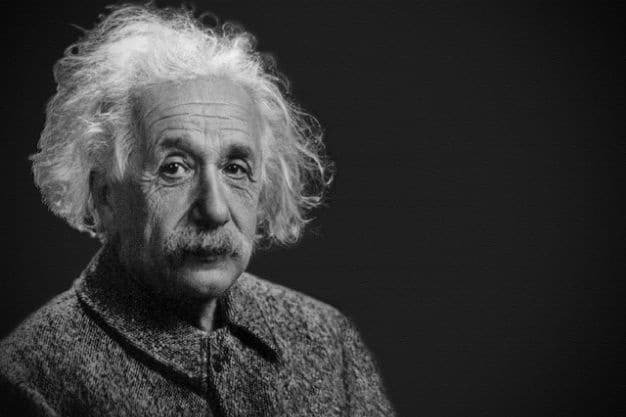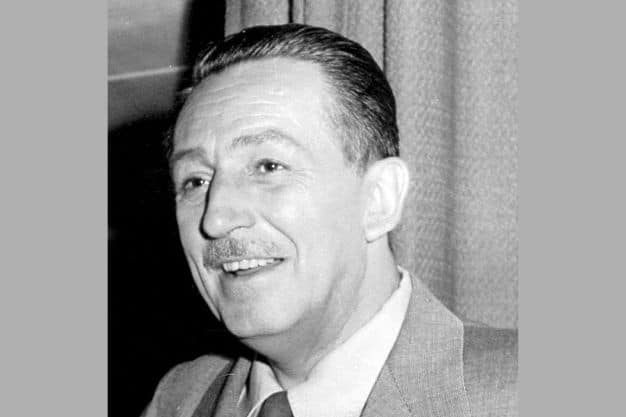Adults with ADHD with a high IQ appear to operate well, but it comes at a great emotional cost. They are worried and tired, and they blame their problems on themselves rather than on their ADHD. Here’s a strategy for recovery and hope. Go through the page to get more details about the success of smart people with ADHD and how homeopathy treatment works.
What exactly is ADHD?
Around the age of seven, ADHD is commonly diagnosed. On the other hand, symptoms of the disorder are usually visible before the age of twelve. Hyperactive behavior and attention problems are the most well-known symptoms of ADHD.
ADHD affects people of all intellectual abilities, and some of them with high IQs are affected. Curiosity, impatience, strong energy, low tolerance for boredom, charm, nonconformity, risk-taking, and opposition to authority are qualities shared by people with ADHD, high IQ, and creativity.
Analytical thinking, spontaneous and non-linear — “out of the box” thinking — is typically a strength of high-IQ people with attention deficits. They perform poorly on activities that demand convergent thinking, which needs correctness, logic, and speed – the math-SAT thinking.
Many high-IQ persons who suffer from ADHD symptoms are confused about why their condition is dismissed. “I just saw the second doctor who told me I couldn’t have ADHD – I’m too brilliant, I did well in school, I don’t have behavioral problems, I’m a high-functioning professional,” Lori, 43, a TV producer, said. It’s a hot mess within my thoughts, despite appearances.”
According to the National Alliance on Mental Illness (NAMI), the disease affects roughly 9% of children and 4% of adults in the United States. The statistical disparities are because some adults’ symptoms improve to the point where they no longer fulfill the diagnostic criteria for the disease. It is also more common in guys.
The following are some of the most prevalent symptoms of ADHD:
- Impatience
- Always on the move
- Sitting for long periods
- Frequent conversing
- Having difficulty finishing things
- Being given instructions
- Inability to listen or follow directions
- Boredom will set in unless you are continually entertained
- Interfering with other people’s talks
- Completing tasks without thinking (or on impulse)
- Difficulties in understanding concepts and things at school
The condition is also divided into three subcategories by the National Institute of Mental Health (NIMH):
- Primarily uninterested (more symptoms of inattention exist compared with hyperactivity)
- Hyperactive-impulsive personality type
- Hyperactive-impulsive and inattentive in combination (this is the most common form of ADHD)
You must have six or more symptoms to be diagnosed with ADHD (though adults may only need to exhibit five or more symptoms for a diagnosis).
Intelligence or IQ doesn’t help ADHD
Many people believe that having a high IQ makes everything simpler, including managing ADHD. However, evidence shows that having a high IQ does not protect you from executive dysfunction or emotional dysregulation, both of which are common symptoms of ADHD.
Despite their abilities and talents, high-IQ adults with ADHD have more cognitive challenges, functional impairments, and comorbidities than those without ADHD.
The severity of their executive function impairments, particularly in working memory and processing speed, is comparable to that of people with ADHD who have an average IQ. These fascinating people do, however, have a distinct set of problems.
Issues that could arise
The ADHD testing procedure can also make it difficult to determine whether or not a child is “clever.” No one test can accurately diagnose ADHD; it is based on long-term observations of various symptoms.
Other disorders, such as autism or bipolar disorder, may be misdiagnosed as ADHD. Because some persons with ADHD have process difficulties, the disease may be seen in some youngsters with learning challenges.
Most people who use homeopathy medicines for ADHD are stimulants, which are quite effective and without any side effects.
In some circumstances, a stimulant may be beneficial because it is thought that raising the amounts of chemicals in the brain helps to improve concentration. These medications may also help with hyperactivity.
Some folks may also notice a reduction in impulsivity.
Stimulants can make a big difference for certain kids who have trouble in school. Because of their better capacity to focus on tasks included in formal IQ testing, persons who can completely learn and take tests may have higher IQs.
People with ADHD who are successful
1. Theoretical Physicist Albert Einstein
You’re smart when your last name becomes the worldwide reference for calling someone a genius. Albert Einstein was a classic case of ADHD, being forgetful, unable to locate his keys, and frequently appearing inattentive to his surroundings. Then there’s the hair. He didn’t fit in with the majority. He was a renegade who lived by his own set of rules

2. Walt Disney, Disneyland’s Founder
Walt Disney was one of the greatest businessmen of all time, and his influence can still be felt 50 years later. He took some scribbles and turned them into an instantly recognizable brand. He developed an empire and created a product that people love and demand despite having ADHD. And as we all know, this is one of the most crucial factors in achieving long-term success. In today’s world, Disney is still one of the top dogs

3. Michael Phelps, the all-time most decorated Olympian
Michael Phelps is one of the most impressive athletes the world has ever witnessed. He has 14 gold medals to his name, making him the most decorated Olympian of all time. He attributes a large part of his accomplishment to his ADHD. Phelps’ mother highlighted her son’s display of classic ADHD symptoms, such as the inability to sit still or focus. On the other hand, Phelps redirected his energy into swimming, where he found the motivation he needed through “constant praise and positive reinforcement”

4. Business Tycoon Richard Branson
Sir Richard Branson is the epitome of a business magnate. He performed amazing achievements due to his ADHD, including founding his space exploration firm and owning his island. You never know what he’ll do next because his reach is genuinely global. He can innovate, achieve, and excel in all he does because of his ADHD

Treatment with homeopathy
ADHD, like other diseases, is unable to predict IQ accurately. Furthermore, “intelligence” does not automatically imply a high IQ. The links between ADHD and IQ are based on assumptions and assumptions.
Both have risks: someone who assumes that someone with ADHD has a high IQ may fail to seek effective treatment. Someone who assumes that an ADHD patient is not intelligent, on the other hand, will miss out on that person’s potential.
It’s critical to distinguish between ADHD and intelligence. While one can influence the other, they are not the same thing.

